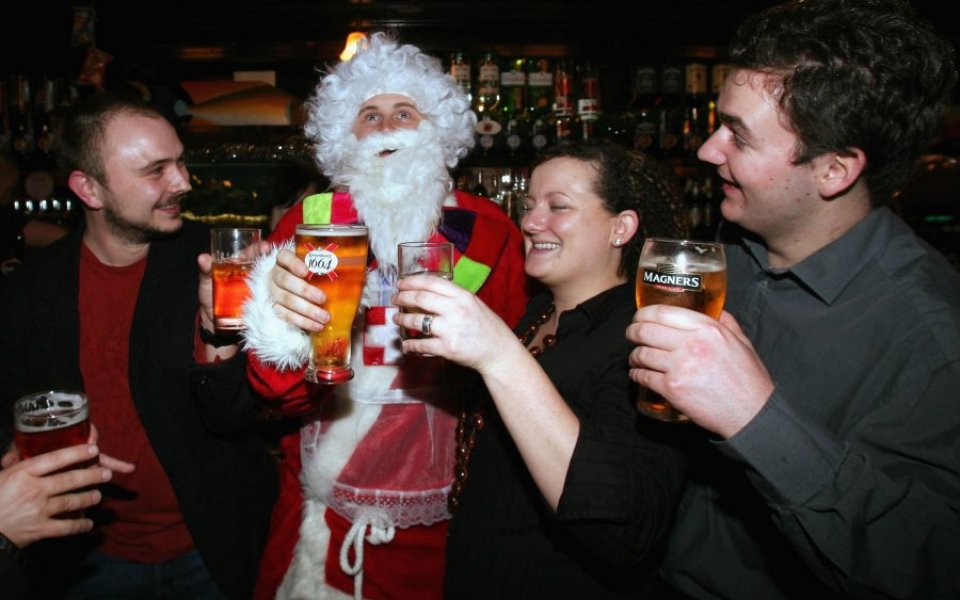UK consumer spending slows in November despite Black Friday sales boom

Consumer spending edged higher in November as feverish demand for televisions and other bargains online over the Black Friday weekend helped to offset a decline on the high street.
Figures released today based on credit and debit card transactions from Visa Europe show consumer spending rose by 1.1 per cent on the year, albeit at a slower pace than October (2.1 per cent), driven by a 4.1 per cent rise in online expenditure.
High street spending fell by 1.5 per cent after a slight increase the previous month, when spending rose by one per cent. However, not all sectors suffered.
Hotels, bars and restaurants saw spending leap 8.5 per cent year-on-year. Meanwhile more people treated themselves to a night out at the theatre or cinema with a 4.8 per cent jump in spending on recreation and culture.
Overall, expenditure rose in five of the eight categories in November, with clothing & footwear up 3.5 per cent, 1.5 per cent in household goods, and one per cent in food and drink.
Britons spent significantly less in November on transport and communication as well as health and education categories, down 5.7 per cent and 3.9 per cent respectively.
“The high street as a whole suffered a disappointing month, though our data suggests a flat, rather than declining performance on Black Friday itself,” Kevin Jenkins, managing director UK & Ireland at Visa Europe said.
“How long it takes for a Christmas stampede and how much appetite consumers have left following days of discounting should emerge in the next few days. It’s already clear though that the big winners this year were retailers who got their integrated offering right.”
Annabel Fiddes, economist at Markit said: “Looking forward, a positive economic backdrop is likely support further increases in expenditure as consumers continue to see near-stagnant price trends, higher real wages, and record low interest rates.”